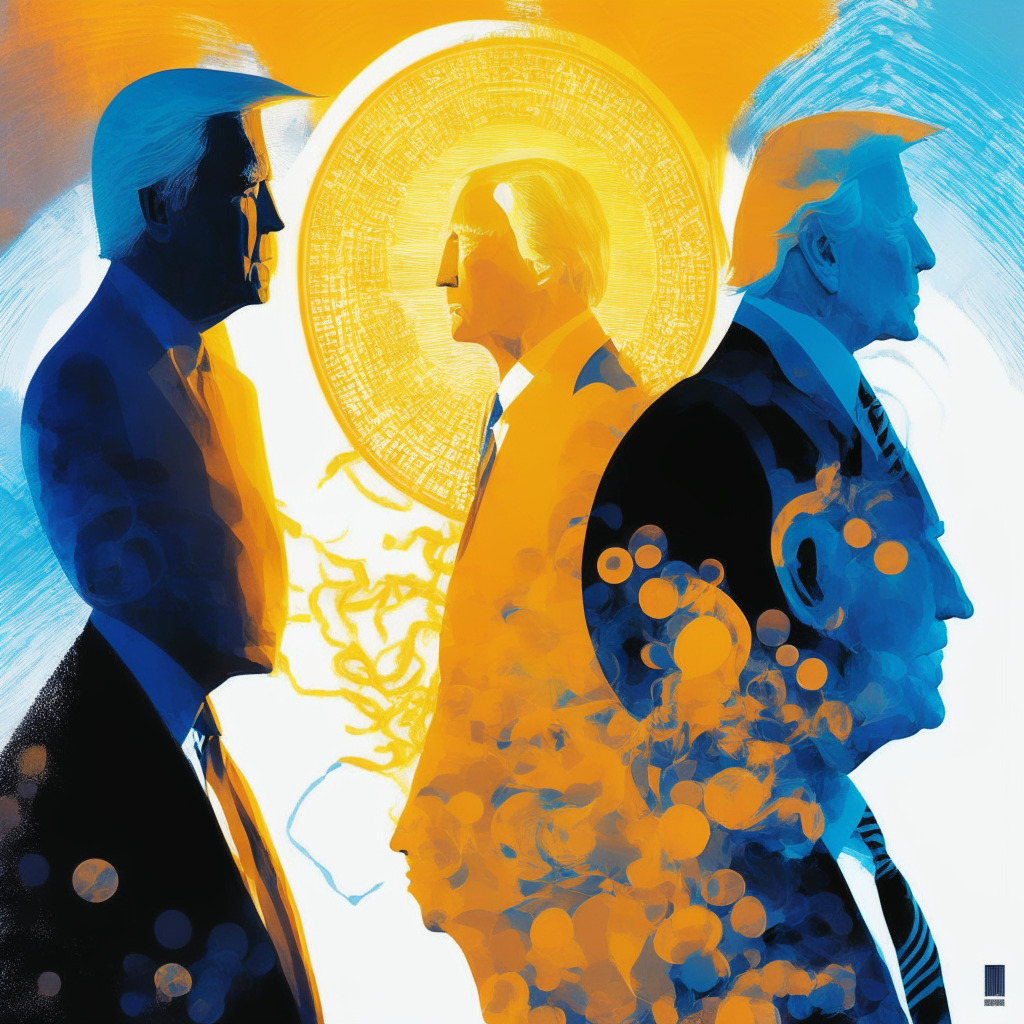Critics have been vocal about Binance‘s association with five sanctioned Russian banks, pointing to potential violation of sanctions. Detractors focused on Binance‘s operational ties in Russia, especially after Russian-Ukrainian tensions, raising questions about Binance’s compliance measures.
On one shoulder, Binance came under scrutiny from The Wall Street Journal, who raised concerns about potential sanctions violations, pointing to Binance’s supposed endorsement of these banks. The mentions of facilitating ruble trades through these banks and evidence of agency in peer-to-peer ruble-to-digital asset transactions; such allegations were backed by user screenshots and chat messages.
On the other, Binance shrugged off these allegations, asserting their adherence to international sanctions rules and dismissal of blacklisted entities from their platform. A spokesperson stressed that the exchange had no affiliation with any Russian bank. In the face of increased critique, reports surfaced that Binance had acted on the relieved banks from its payment list. However, skeptics observed them resurfacing under coded monikers – ‘yellow’ for Tinkoff and ‘green’ for Rosbank.
Legal challenges have pursued Binance in the wake of international sanctions and the murky world of Russian cryptocurrency circumvention. The US Securities and Exchange Commission filed a lawsuit, charging Binance with not complying with federal securities laws. Curiously, the supposed facilitation of Russian overseas fund transfers forms a part of these hurdles. So, is Binance entwined in a complex legal predicament, or is it a case of misunderstanding compliance nuances?
In the background, economic sanctions imposed by the West forced Russia to seek refuge in cryptocurrencies for its financial operations. A prevalent method for circumventing sanctions involved exchange of rubles for stablecoins, which could then be converted into fiat currencies—meanwhile, a cryptocurrency exchange, Binance, being an attractive medium for such transactions in the region.
According to WSJ, Binance‘s peer-to-peer services may have facilitated transactions worth $428 million per month from October 2022 to March 2023. These claims reflect how payment methods unaligned with the exchange’s compliance policies were exploited to bypass sanctions.
The revelations concerning Binance have sparked controversial discussions about the intricate nature of blockchain technology and the ways it can be leveraged for various activities. By delving beyond the surface, we have to question if it further necessitates stringent regulations or illuminates the inherently evolving dynamics of the crypto landscape?
Source: Cryptonews




